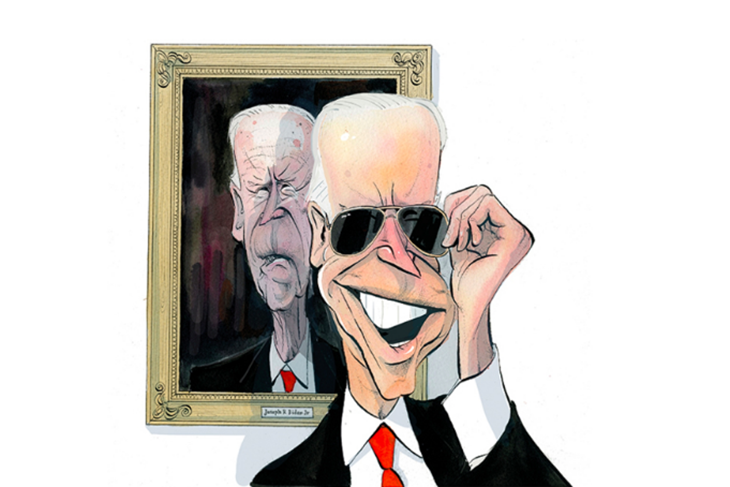Is there anyone left who still believes in sound government finances? After the 2008/09 financial crisis there was a lively debate between fiscal doves, who wanted government spend its way out of recession, and hawks, who thought it a good idea that governments at least attempt to live within their means, because nasty things would happen in the longer term if they did not. Such arguments seem almost quaint now.
Where is the resistance now that Joe Biden is about to spray the US economy with a $1.9 trillion stimulus package, including helicopter money of $1,400 per household?
In 2008/09, there was some justification in that economic activity was extremely weak and many households were in debt — you could argue that the economy needed a lift, at whatever price. That is very different from what the US is facing in 2021. Biden is chucking money at an economy which the IMF already expects to grow at 5.1 percent this year. The philosophy behind ‘Bidenomics’ seems as simple as it is dangerous: let’s pour rocket fuel on the flames. The US economy hasn’t grown at this sort of rate since 1984, when it expanded by 7.2 percent. Now Biden wants to stimulate it even further.
Yes, America had a very deep recession last year, but the circumstances are very different from 2008/09. Then, the economy was suffering from debt deflation. Households were drawing in their horns. That is when, if ever, a stimulus package might be justifiable: when people are feeling unstimulated.
Yet last year’s decline in economic activity was caused not by a lack of desire to spend but by pandemic-inspired limitations on what people could do and where they could go. As the vaccination program progresses and these limitations are lifted, spending will return. You won’t need to drop a large check into anyone’s backyard in an attempt to bribe them to go out shopping.
The debate has changed since 2008/09 because critics of stimulus programs then were wrong about them causing inflation. Many expected quantitative easing quickly to lead to hyperinflation, just as had previous experiments in printing money in Weimar Germany and Mugabe’s Zimbabwe. Instead, inflation stayed low, which seemed to justify what the central bankers were doing. This time around, there are far fewer forecasting hyperinflationary doom.
But did inflation really stay low after 2008/09? It might be true to say that of retail inflation, but it certainly the case with asset-price inflation. Save for the four-week mini-crash of last spring, the stock market has been on a tear since early 2009. Real estate values, too, have been rising strongly. In 2020, $2.5 trillion of value was added to the value of US homes — a sum which dwarfs even Biden’s stimulus package. Sooner or later, this value which has been created out of thin air is surely going to filter through into retail inflation, too.
In many ways, the pandemic has been a bit of a blast from the past. It has taken us — temporarily, hopefully — back to the days when infectious diseases were the most feared killer, before we started to fret about lifestyle-related diseases such as cancer and heart disease. Biden’s great stimulus package is likely to result in something else returning to bite us: inflation. We’ve already had a mad decade of asset price-inflation, which has made so many people feel so much richer, and quite a lot of others feel so much angrier. Now stand by for act two, in which retail inflation hits us. As Ronald Reagan said, ‘inflation is as violent as a mugger, as frightening as an armed robber and as deadly as a hit man’. It won’t be any kinder this time around.


















